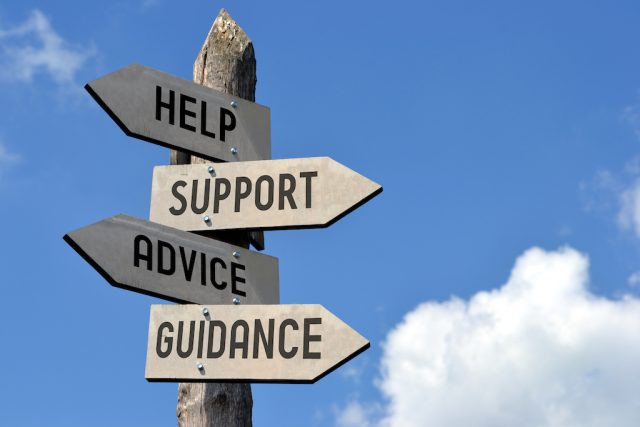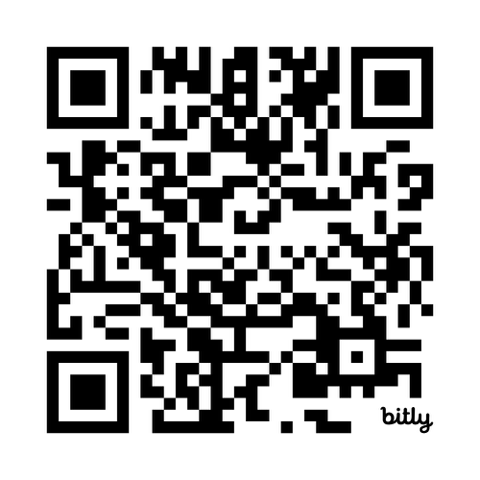FAQ Money Consciousness
- 29
- Dec

According to Feng Shui masters, the Money Tree or Pachira is thought to bring good fortune and luck to those who place it in their home or office.
Today is Ujamaa, the Kwanzaa principle of cooperative economics.
Many people recommend economic prosperity as the answer for healing the families and communities in which we find ourselves. This has resulted in the proliferation of buy Black campaigns across the country. Here are a few questions that people ask in hushed tones so as not to be seen as politically incorrect.
Q. Why should I buy from a Black company when I can catch a sale and it’s so much cheaper?
A. You focus on price instead of long-term wealth. Only long-term, intrinsic wealth will build a healthy community. You typically buy on impulse and you want to begin to check this. Impulse buying is the guiding principle of retail and storefront presentation and advertising. Even the continuous replay marketing approach has you thinking some product or service will solve a current problem.
With ujima we seek to address a long-term problem –the ongoing malaise of continuously being unsupported in and prevented from exercising business aims because of color and the 3/5 economic-value slavery legacy.
Q. Let’s say I start to Buy Black as much as I can. You actually think this will stop young men from killing themselves in poorer neighborhoods?
A. Lack of faith in communal strength is the root of the problem. Business instincts abound among drug dealers and gang members, who appreciate key aspects of togetherness and unity (umoja) that overworked and middle class strivers sometimes forget. Community health begins with individuals being a demonstration of faith, trust, and mutual support.
This is why, in Black Studies at City College, I taught susu as a means to develop trust among groups, beginning with the family. The esusu of Yoruba culture is a rotational credit system that allows people to save and contribute together. There are many forms of the susu (known as partners among Jamaicans) and extended families should practice it to heal themselves and their mutual trust and money consciousness.
Q. So what if I don’t own a home or have assets reflecting a net worth I can pass on to my children?
You must realize your economic purpose. How do you express your talents and skills? In what ways have you succeeded in the past that demonstrate your natural abilities and satisfy you? What is your vision for yourself as a contributor to your family? Are you committed to self-growth in the area of money consciousness?
Important life markers, such as getting married and having children, transform your priorities. Life becomes about people and your interaction with them. You naturally express the cooperative economics of ujima by taking your new role seriously and looking for answers from your Creator (within yourself) as to how to make the best of the new situation. This is not a religious or economic issue, it is a human survival issue.
Q. How can I practice ujima with little funds and pressing debt?
A. Be cooperative and economic in your perspective. Here are four vantage points to consider:
- To be cooperative you must first know yourself and what works for you. You cannot live a lie.
- To have your economics work you must honor your life and live within the means you’ve been graced with. You cannot be unappreciative.
- Bless the economic situation you’re in and bless the people you have to cooperate with.
- You ARE the Higher Self you imagine, you just want to out-picture who you really ARE: Seek ye first the kingdom of heaven and all things will be added unto you,* including more funds and relief from debt.
–Rev. Niamo Nancy Muid
*Matthew 6:33. See also, Your Lord has decreed: The more you thank me, the more I give you…. HQ14:7
P.S.
No, you don’t have to run out and buy a money tree! (Who owns the store…?) I just recalled growing up with people buying stalks of lucky leaves and money trees and looked it up. Then realized I had one here at my house!
- Niamo Muid
- Articles & News, Kwanzaa
- Tagged with : African wisdom, economics, holistic health, kwanzaa, mental clarity, self-growth, yoruba
- No Comments





